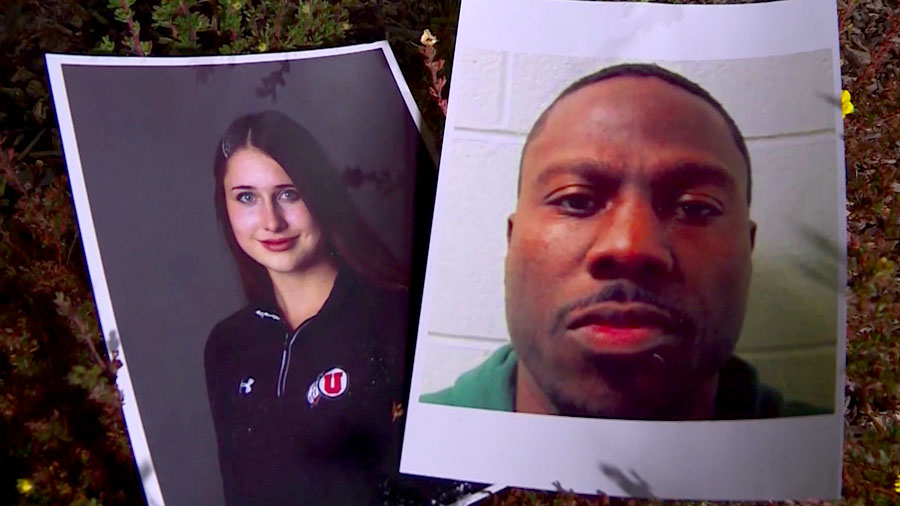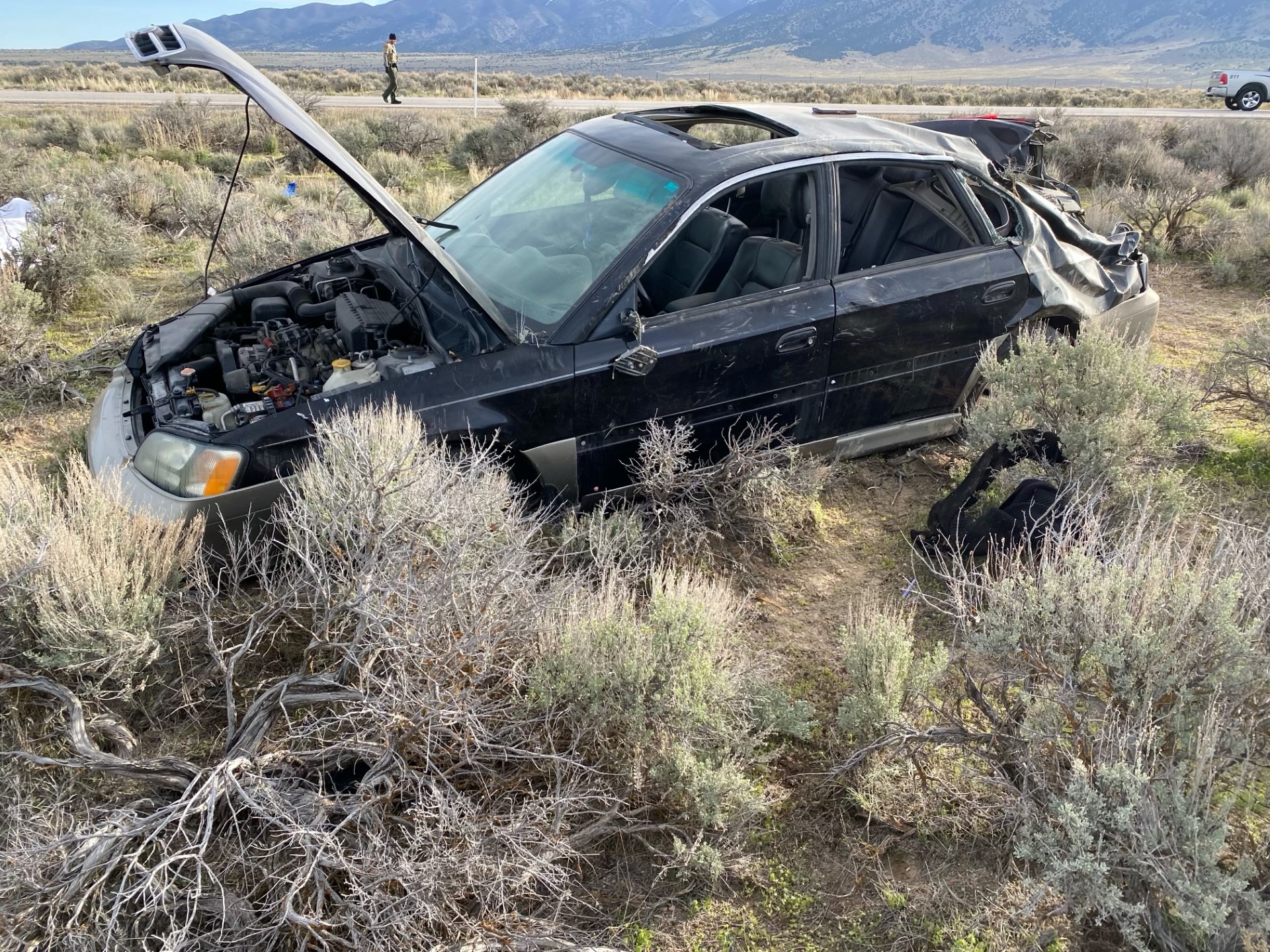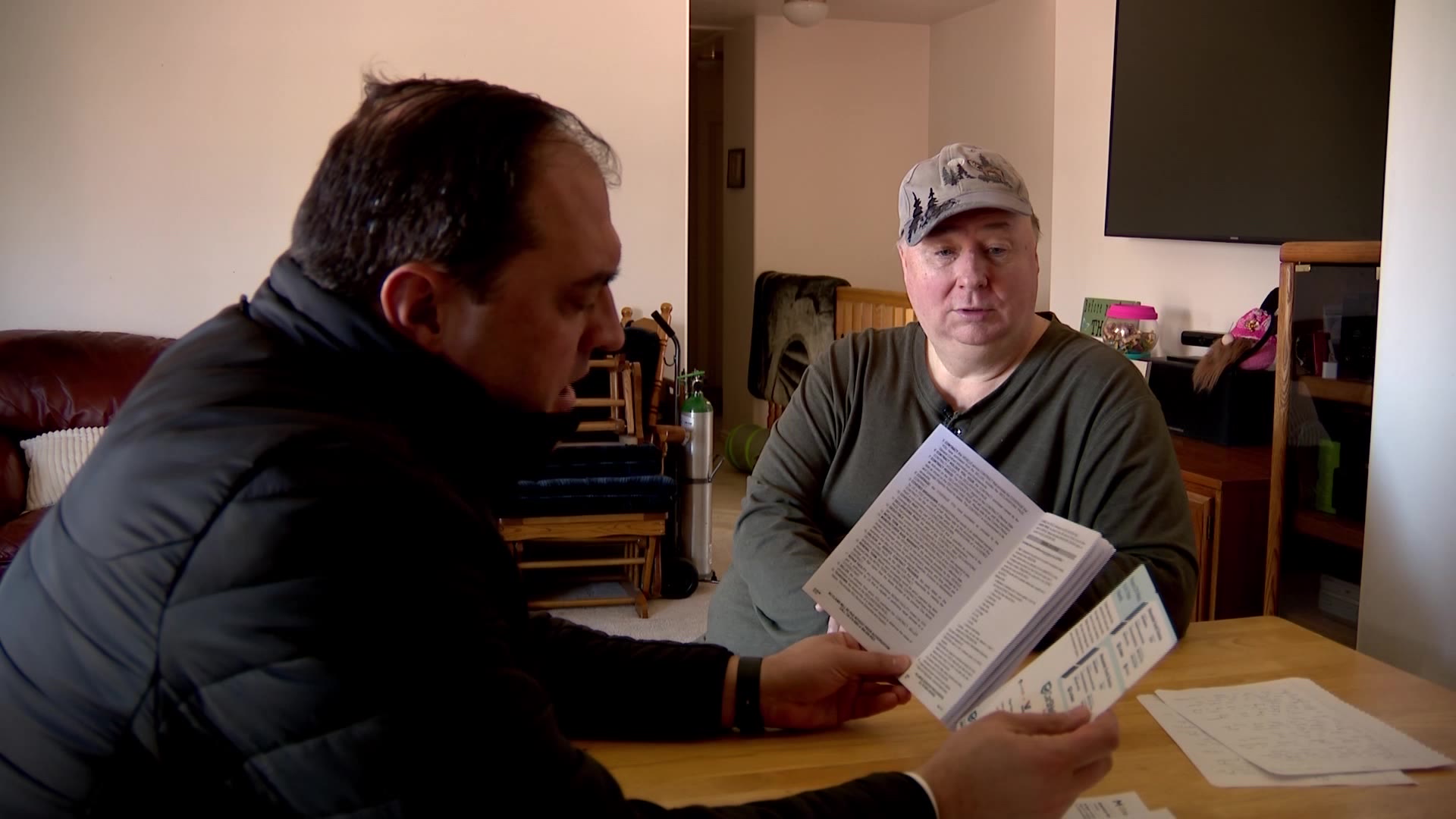Univ. Of Utah Reviewing Police Protocol In Light Of McCluskey Murder
Oct 26, 2018, 5:51 PM | Updated: 9:48 pm
SALT LAKE CITY, Utah – The University of Utah announced it would review campus police protocol to see if complaints leading up to the shooting death of student athlete Lauren McCluskey could have been handled better.
A law enforcement consultant told KSL the focus of those reviews is to close the gaps, and better protect people in the future.
At question was the procedures that dictated how officers handled complaints from McCluskey and her parents about ex-boyfriend Melvin Rowland prior to her shooting death Monday night.
KSL talked to police consultant Justin Boardman about the review. A retired officer with the West Valley City Police Department, Boardman believed Chief Dale Brophy was doing the right thing by taking on the review of his department.
“It seems like right now, the chief is very open,” Boardman said. “Chief Brophy in my experience in the past has been very open to improving.”
Boardman, who once worked with Brophy in West Valley, said reviews like this one are designed to closely analyze the protocols that determine how cases are handled, and to make adjustments.
“What we would hope would come out, is the gaps would close,” Boardman said. “So that something horrific like this doesn’t happen again.”
One thing that makes McCluskey’s case challenging, Boardman said, was that according to statements Brophy made in a press conference Thursday, McClusky’s mother seemed more concerned about Rowland than McCluskey did herself.
“She mentioned to (investigating officers) that she felt okay. She didn’t feel unsafe,” Boardman said, pointing out that officers typically depend on victims to gauge the seriousness of a case. “If she was (fearful) that she was going to get murdered, you may have had a different reaction.”
Later however, when McCluskey reported being extorted for money through harassing text messages, a detective didn’t get a look at her case until six days later. Unfortunately, Boardman said that was not uncommon. He believed the fact that she wasn’t an assault victim, also may have made the case a lower priority.
“Our police departments are under-funded,” Boardman said. “They also lack a lot of those resources to get this stuff through the system fast.”
Boardman emphasized that he only knew what’s already been revealed to the media. Questions he had himself, including whether the original responding officer reported concerns to Rowland’s parole officer, and whether that parole officer could have done anything. He also adds that there is also an unfortunate truth in law enforcement:
“Sometimes you just can’t stop crazy,” Boardman said, referring to suspects who may have a determination to do harm. “You try. You try to do as much as you can, but sometimes you just can’t stop somebody that is focused on that kind of violence.”














